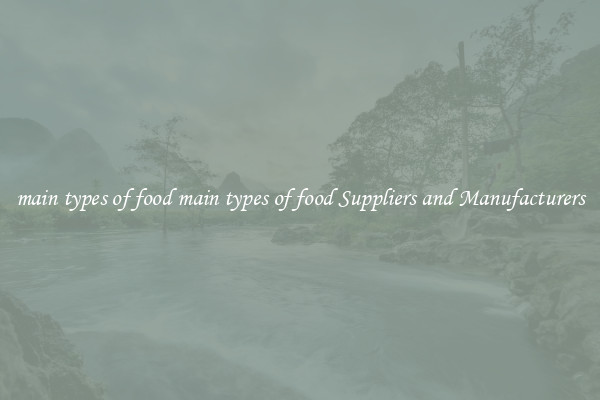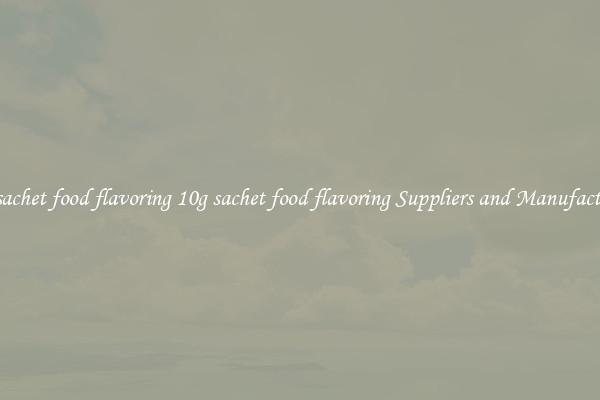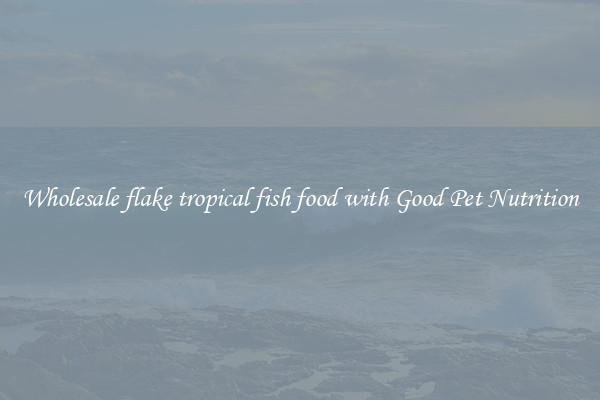main types of food main types of food Suppliers and Manufacturers
When it comes to sourcing food products, consumers often rely on food suppliers and manufacturers to meet their needs. The food industry is a vast and diverse sector, comprising various players that fulfill different roles in the supply chain. Understanding the main types of food suppliers and manufacturers can help consumers make informed choices about the products they purchase and consume.

One common type of food supplier is a wholesale distributor. These companies purchase products from manufacturers in bulk and then sell them in smaller quantities to retailers or foodservice establishments. Wholesale distributors play a crucial role in the flow of goods from the manufacturer to the end consumer. They often have extensive networks and transportation capabilities to ensure that products reach their intended destinations efficiently.
Another significant type of food supplier is the food broker. Food brokers act as intermediaries between manufacturers and retailers or foodservice operators. They do not own the products themselves but instead facilitate the sales and distribution process. Food brokers help manufacturers market their products to potential customers and negotiate deals on their behalf. They also provide valuable market insights and assist in logistics coordination.
On the manufacturing side, there are several types of food producers. Contract manufacturers, for instance, specialize in producing food products for other companies under a contract or agreement. They often have the required facilities, expertise, and certifications to handle specific food production processes. Contract manufacturing allows companies to outsource their production while maintaining quality control over the final product.
Co-packers are another type of food manufacturer that provides packaging services. They take the components or ingredients provided by companies and assemble them into finished products. Co-packers can handle various processes such as filling, labeling, and packaging, which enables businesses to focus on other aspects of their operations.
Private label manufacturers are yet another type of food producer. These companies manufacture products that are then sold under a retailer's brand name instead of their own. Private label manufacturers work closely with retailers to develop and produce unique products that cater to the retailer's target market. Private label products can often offer competitive prices while maintaining quality standards.
Lastly, we have the traditional food manufacturers who produce their own branded products. These manufacturers create their recipes and manage the entire production process. They often have established brands and extensive product portfolios. Traditional food manufacturers are known for their innovation, quality control, and market presence.
In conclusion, understanding the main types of food suppliers and manufacturers is essential for consumers to make informed choices about the food they purchase. Wholesale distributors, food brokers, contract manufacturers, co-packers, private label manufacturers, and traditional food manufacturers all play critical roles in providing a wide range of food products to meet consumer needs. By familiarizing themselves with these types of suppliers and manufacturers, consumers can navigate the food market with confidence.

View details

View details

View details

View details








